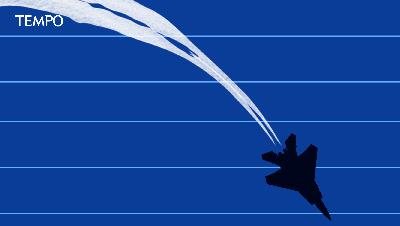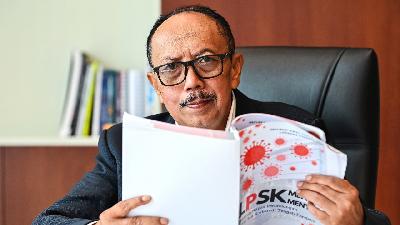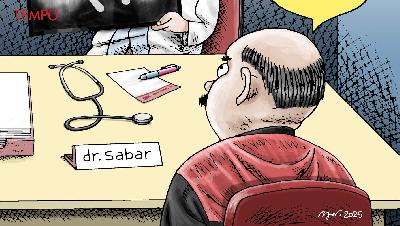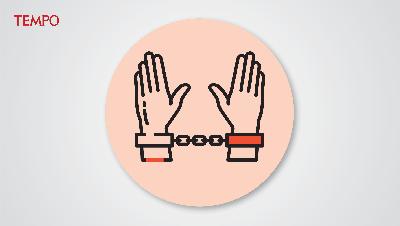Keep the Promise to Eliminate Import Quotas
Monday, April 21, 2025
Prabowo Subianto wants to eliminate import quotas. This must not simply be a bluff or a way of replacing the existing players.
arsip tempo : 174638350265.
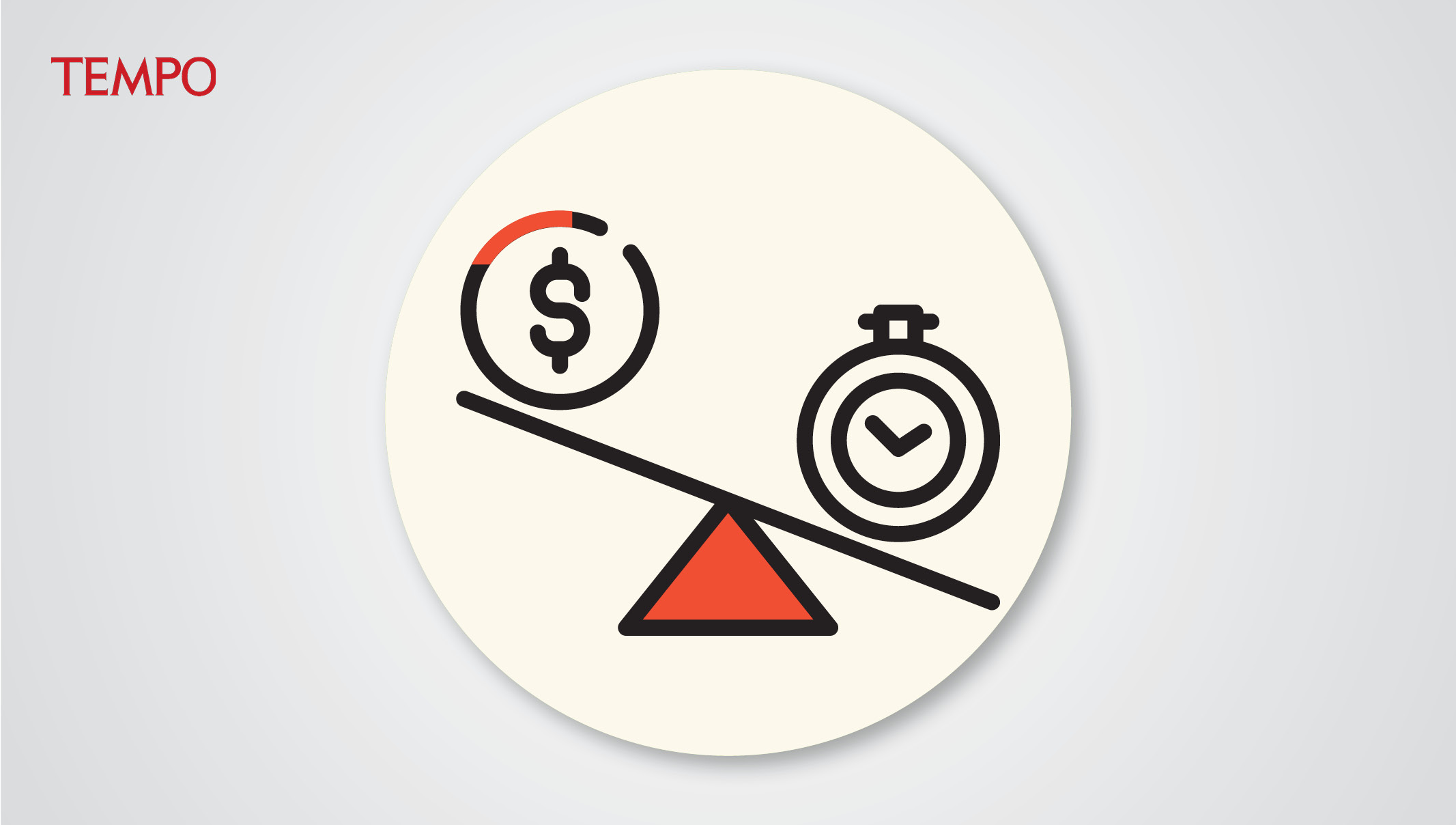
PRESIDENT Prabowo Subianto must keep his promise to eliminate import quotas. While they have been in force, particularly for food commodities, they have simply been an opportunity for rent seekers and tycoons close to the administration.
Prabowo revealed his plan to remove import quotas in a meeting attended by economic stakeholders in Jakarta at the beginning of April 2025. It is claimed that this move is part of negotiations with the government of the United States, which plans to impose high tariffs on Indonesian products. At the same time, Prabowo also said that a small number of people benefited from the quotas.
Prabowo’s statement can be seen as a positive breakthrough, although we still need to see it being realized rather than becoming an empty promise. After all, it is no longer a secret that a number of people close to Prabowo, including those who supported him in the presidential election, have obtained import quotas. The removal of these quotas must not simply be replaced by a new mechanism that can be taken advantage of again by those close to the leadership. A policy that should be positive could end up in a replacement of the players and still be a "virus" for the economy.
The current import quota system, which applies to commodities such as beef, sugar and garlic, has brought more disadvantages than advantages. Import restrictions that were imposed to ensure a balance of supplies from domestic products have in fact led to problems obtaining goods and soaring prices. The issuing of the necessary import permits to obtain quotas has also become an opportunity for bribery and corruption.
On the other hand, the quota system and the necessary series of permits often lead to food shortages. In the end, prices soar and consumers lose out. For example, in 2020, there was a shortage of garlic, but many importers had problems obtaining horticultural product import recommendations (RIPH) because they were unable to meet the mandatory requirement to plant garlic in Indonesia. However, there were importers who were able to obtain RIPH despite not fulfilling this obligation. It is only fair to suspect that there was wrongdoing, bribery or corruption involving officials and businesspeople.
Therefore, the government must immediately re-evaluate the import mechanism, including the quota system, in order to ensure there is a balance between supply and demand of commodities. After all, institutions such as the Indonesian Ombudsman and the Business Competition Supervisory Commission (KPPU) have repeatedly said that the mechanism is rife with abuses and maladministration, and is against the public interest. In order to protect domestic products, the government could replace non-tariff approaches like the quota system with a tariff mechanism, such as additional import duties that could increase state revenues.
The government must protect domestic players, but not through a protectionist scheme. It is time Prabowo created a healthy business climate, boosted the capability and capacity of national products, and did away with high economic costs that have reduced the competitiveness of our national products.
Given the substantial benefits and the potential for opposition from those benefiting from this policy, Prabowo should take the lead or appoint officials with courage and integrity to implement the elimination of import quotas. It is difficult to hope that this plan will go ahead if it is left to his aides because many of them have been involved in the shady import quota games.




